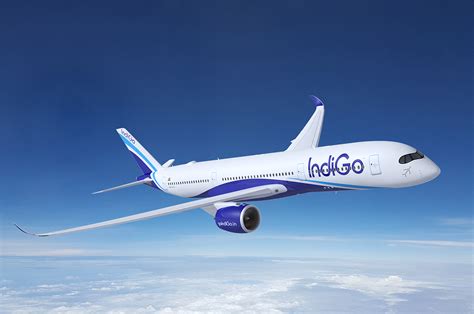
kenya1
In the wake of declining cases of Covid-19, the United States eased travel restrictions on Kenya, offering a boost to the East African nation’s recovering tourism sector. Consequently, Kenya has been moved to level one from level three; level three requires US citizens to avoid all non-essential travel to a destination and reconsider any planned travel.
The upgrade to level one is set to boost summer bookings from a country that accounted for the largest share of foreign visitors to Kenya last year at 136,981.
Slump
Kenya’s tourism industry has started to pull out of its deep Covid-19-induced slump as local travelers take advantage of lower prices, but foreign visitor numbers are still well below pre-pandemic levels. The US’ latest advisory follows a sharp decline in infections and hospital admissions in recent weeks, which allowed the Kenyan government to relax coronavirus restrictions, lifting requirements for compulsory wearing of face masks in open places and ending quarantine measures.
“The Centers for Disease Control and Prevention (CDC) has issued a Level 1 Travel Health Notice for Kenya, indicating a low level of Covid-19 in the country,” says the US embassy in Nairobi. “Your risk of contracting Covid-19 and developing severe symptoms may be lower if you are fully vaccinated with an FDA authorized vaccine.”
Kenya’s positivity rate — the proportion of tests coming back positive — stood at 0.3 percent on Monday compared to a peak of 37.6 percent on December 27.
Lower infection rate
The lower infection rates come on the back of increased inoculation against Covid-19, with 7.93 million Kenyans fully vaccinated, up from 3.93 million on December 27. Kenya’s tourism is expected to record increased numbers in the next two months as visitors from western countries troop in for the summer holidays. Kenya expects tourism, typically one of its top sources of foreign exchange, to earn Sh173 billion this year, up 18.5 percent from last year, the government said. Earnings slumped to Sh88.6 billion in 2020 as governments around the world restricted the movement of people, including through the closure of airspaces, to curb the spread of the coronavirus.
Rebound
Revenues bounced back to Sh146 billion last year, with the number of hotel nights occupied by Kenyan travelers doubling during the period. Local resorts, which normally concentrate their marketing efforts on foreign tourists, were forced to turn to the domestic market by the pandemic, offering cut rates to entice holidaymakers.
Foreign visitor numbers were still sharply lower than pre-pandemic levels, at just under 870,500 last year against two million in 2019. They are forecast to reach 1.03 million this year. The drop in earnings in the sector from foreign tourists has contributed to a sharp fall in the local currency, which is trading at all-time lows against the dollar. Kenya has one of the biggest and most diverse tourism industries in East Africa, with offerings in a range of niches including the meetings, incentives, conferences, and events (MICE) segment and safari ecotourism.
Challenges
However, in recent years, challenges have risen for the sector that negatively affects the country’s economy, including two high-profile terrorist attacks. Following the attacks, a raft of security advisories was issued from countries that traditionally make up a large percentage of Kenya’s target market for tourism, putting pressure on visitor numbers and hospitality revenue. In response, the government and a number of private investors are taking steps to improve security and re-establish Kenya as a safe, attractive destination for visitors.
Views: 1



